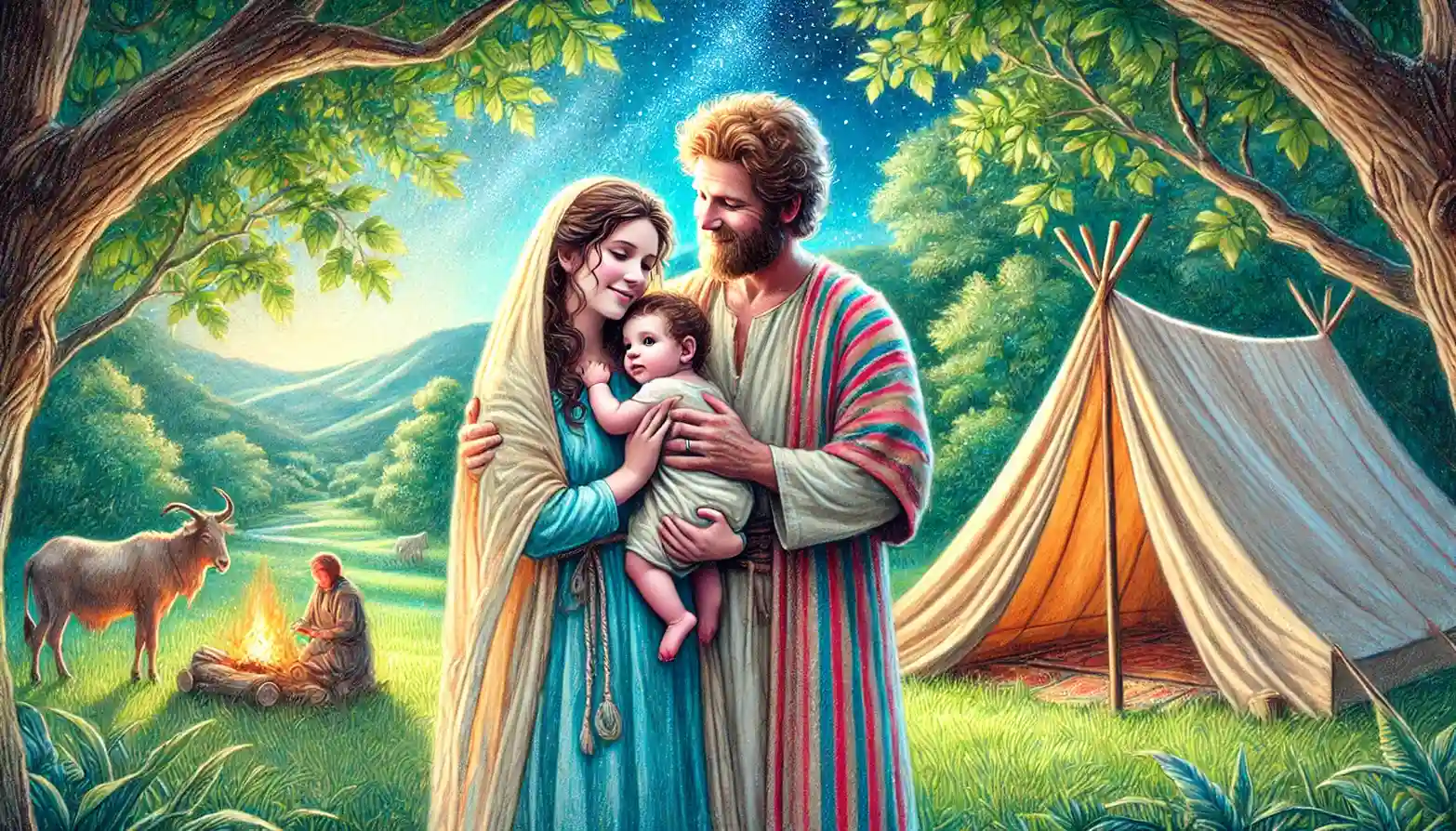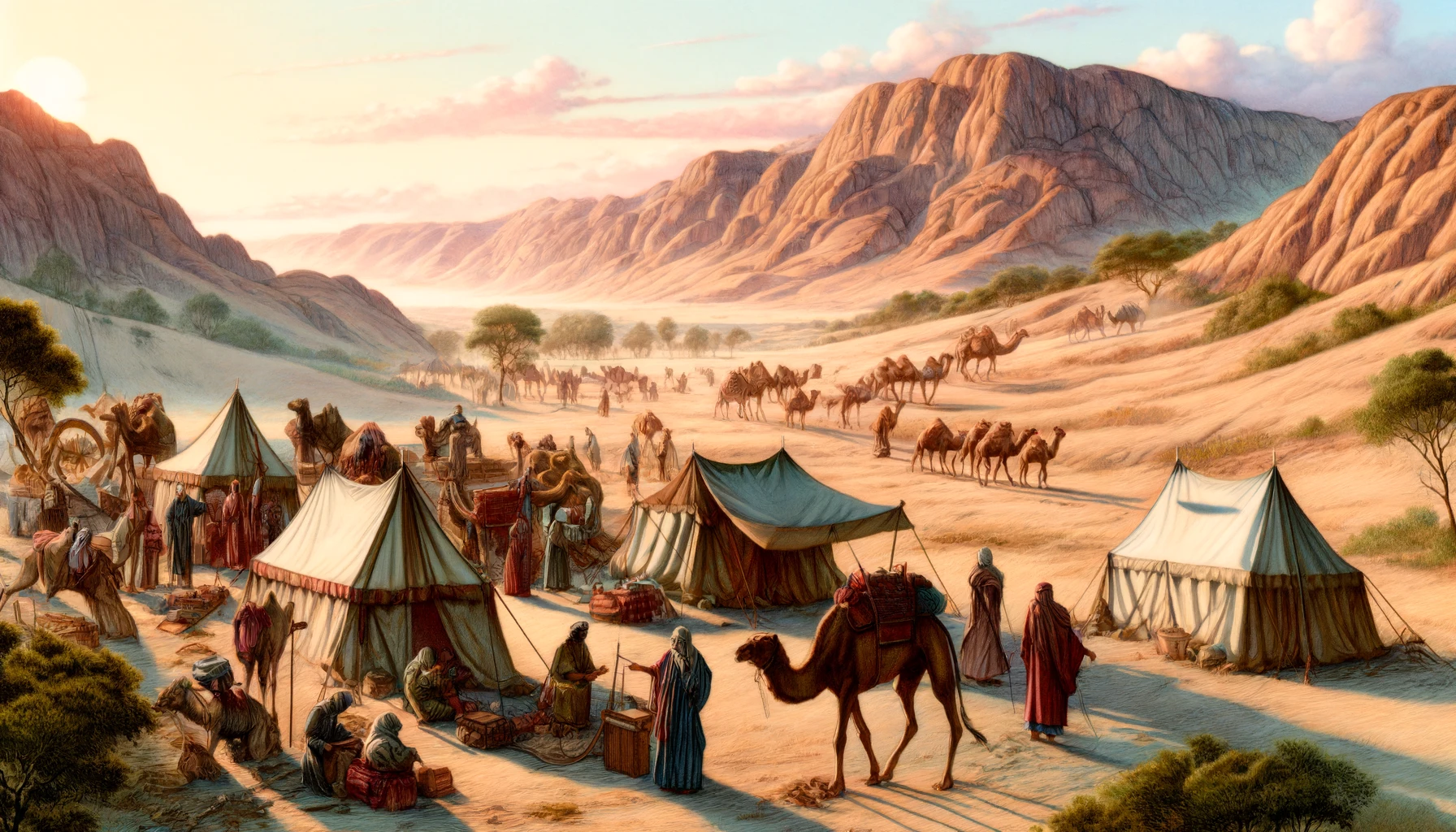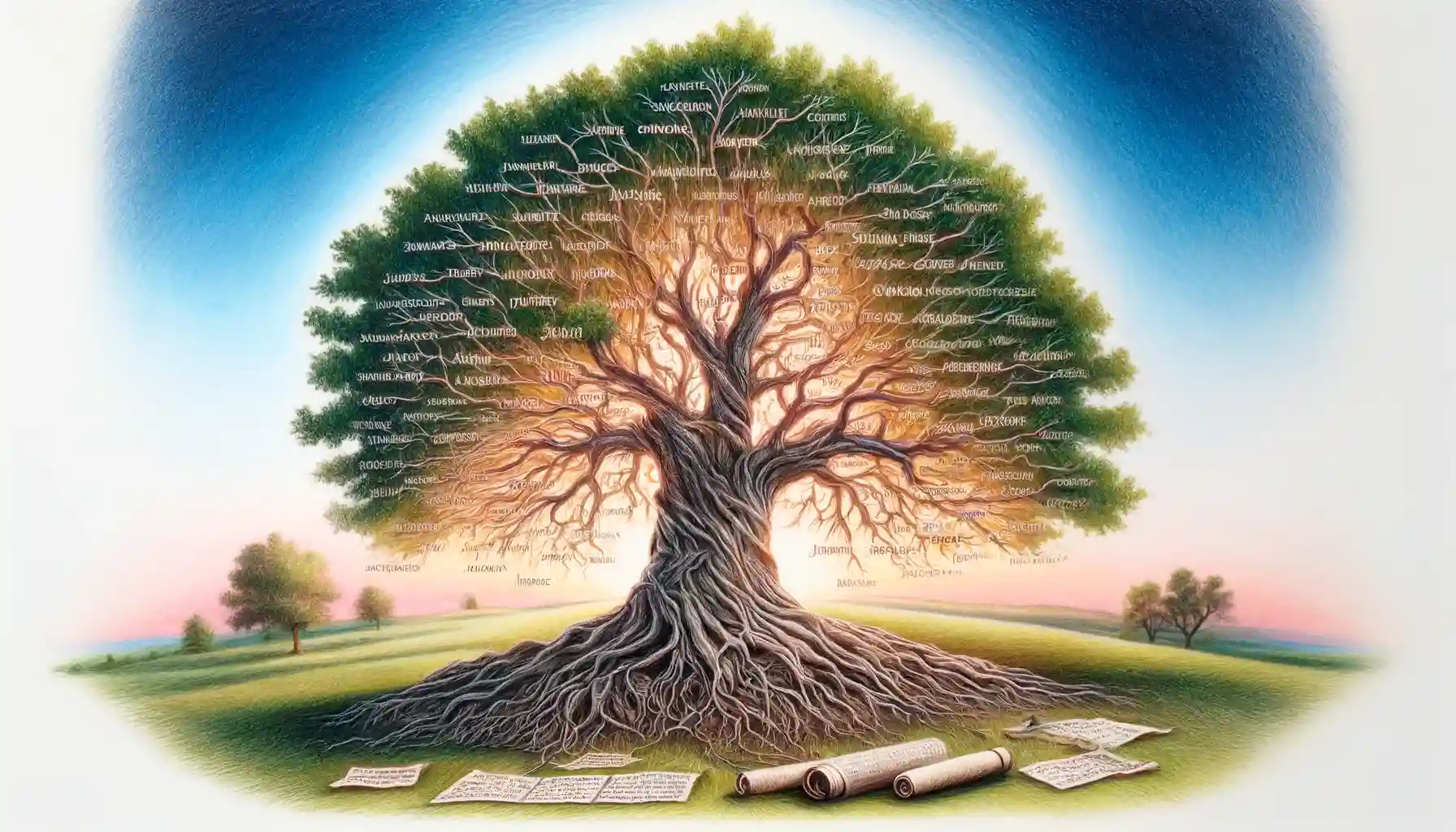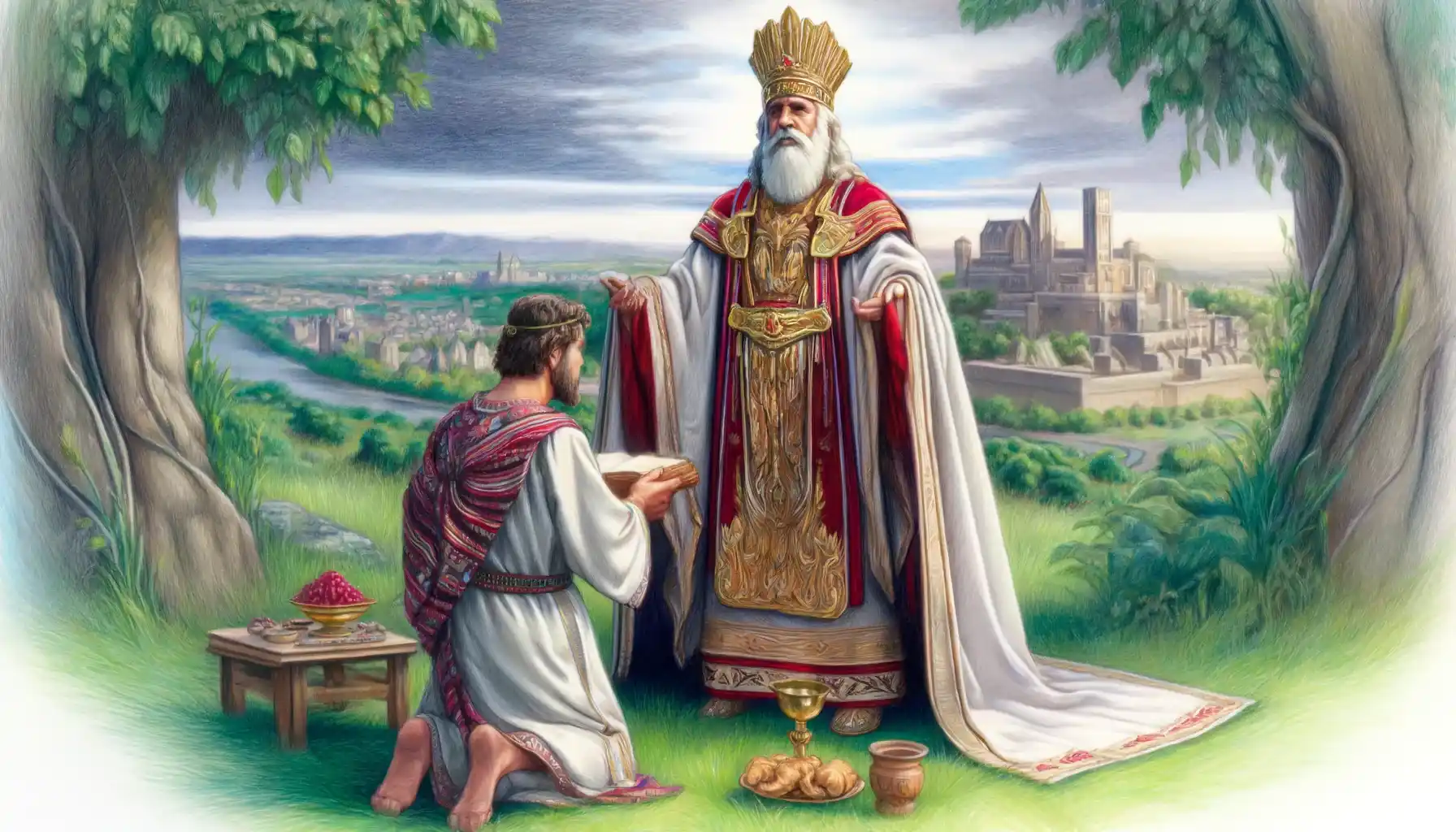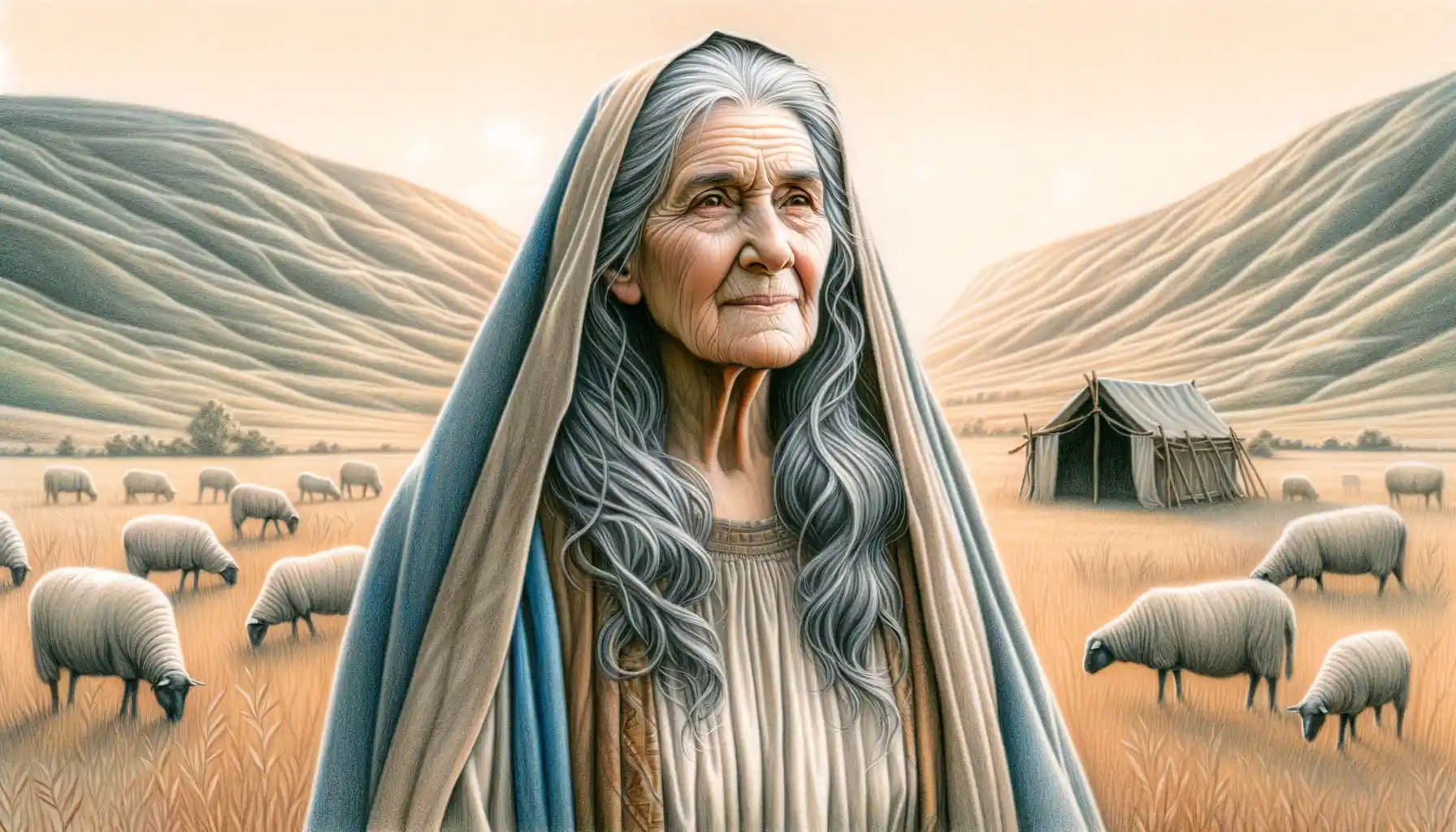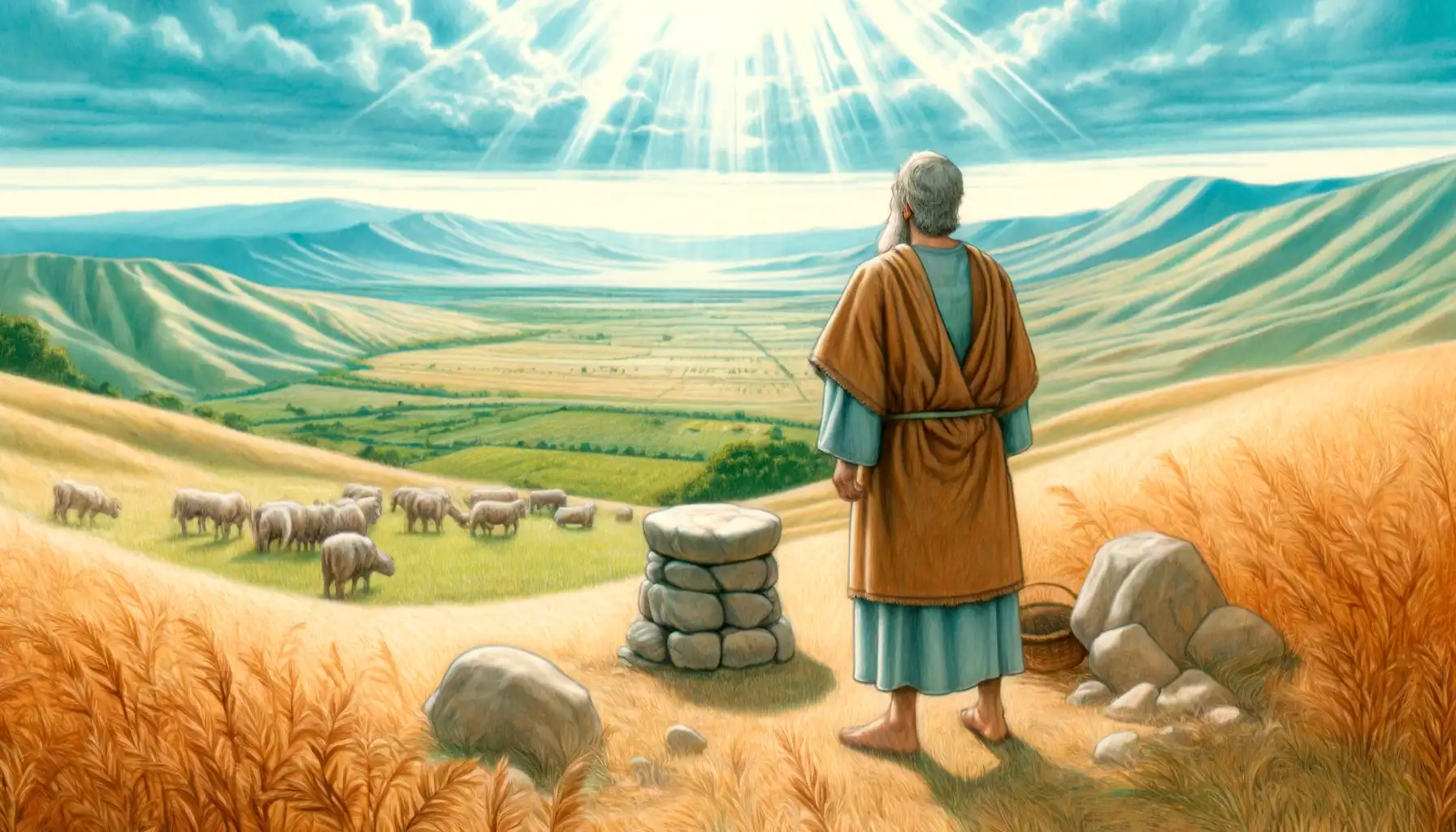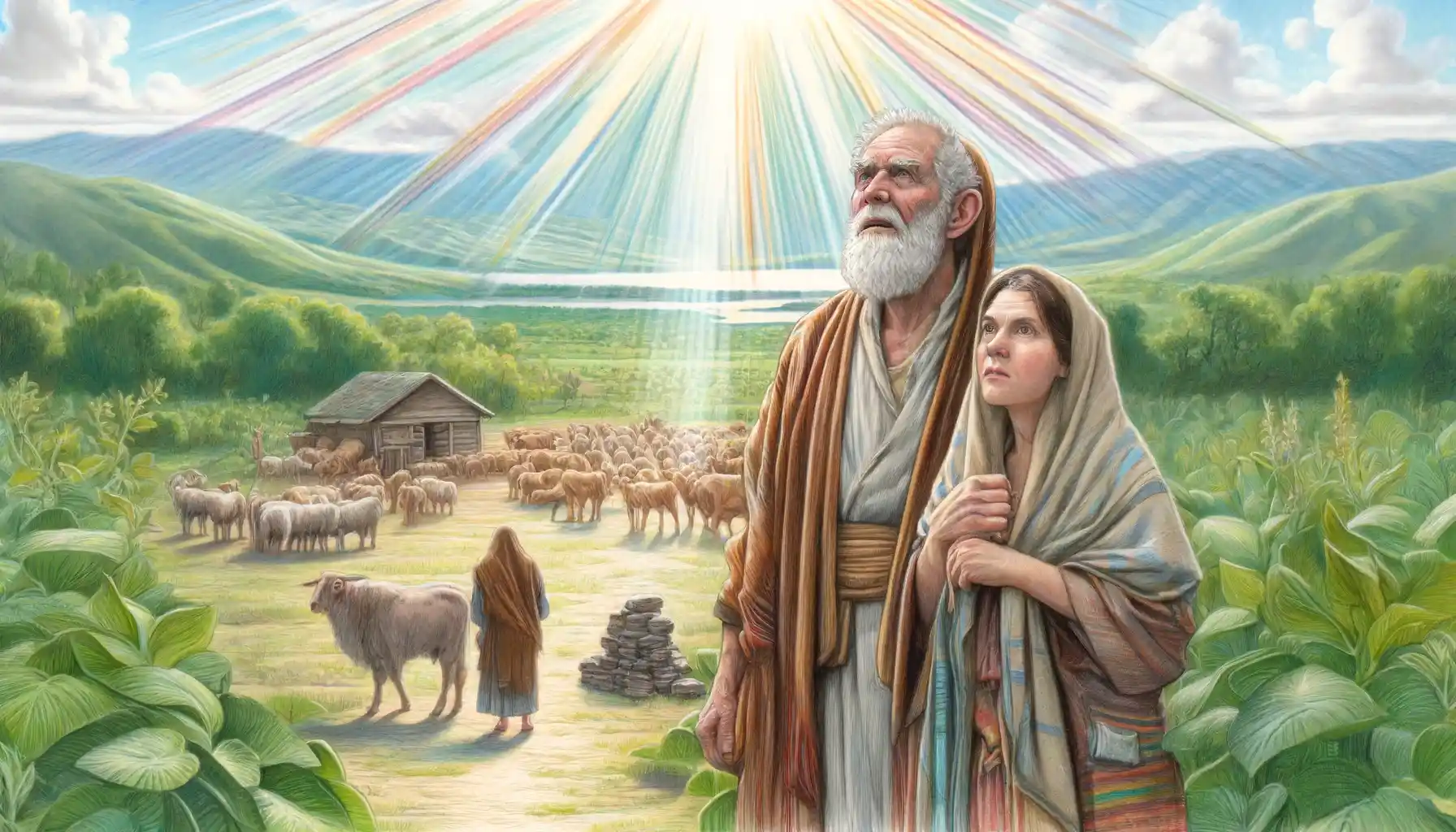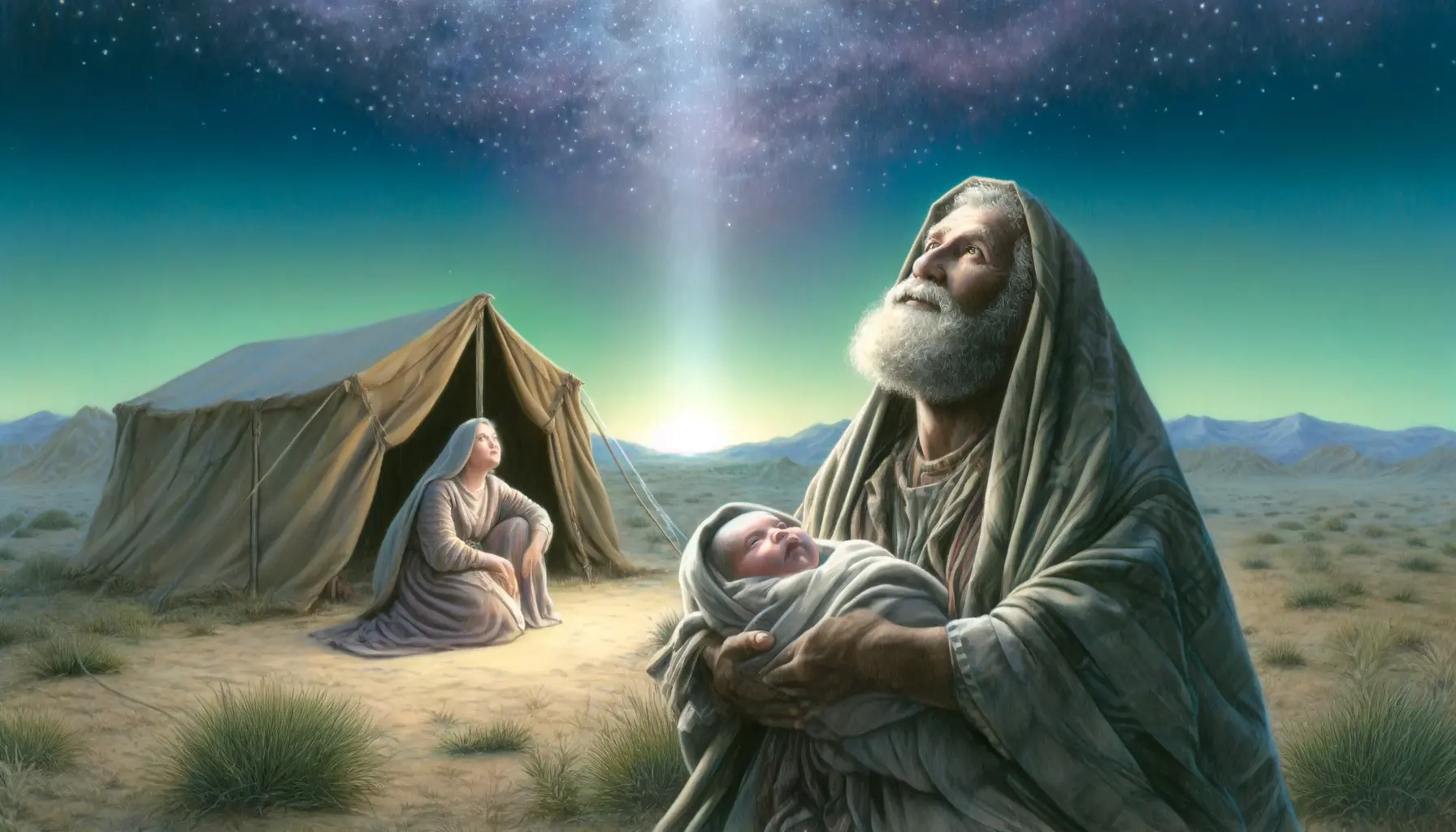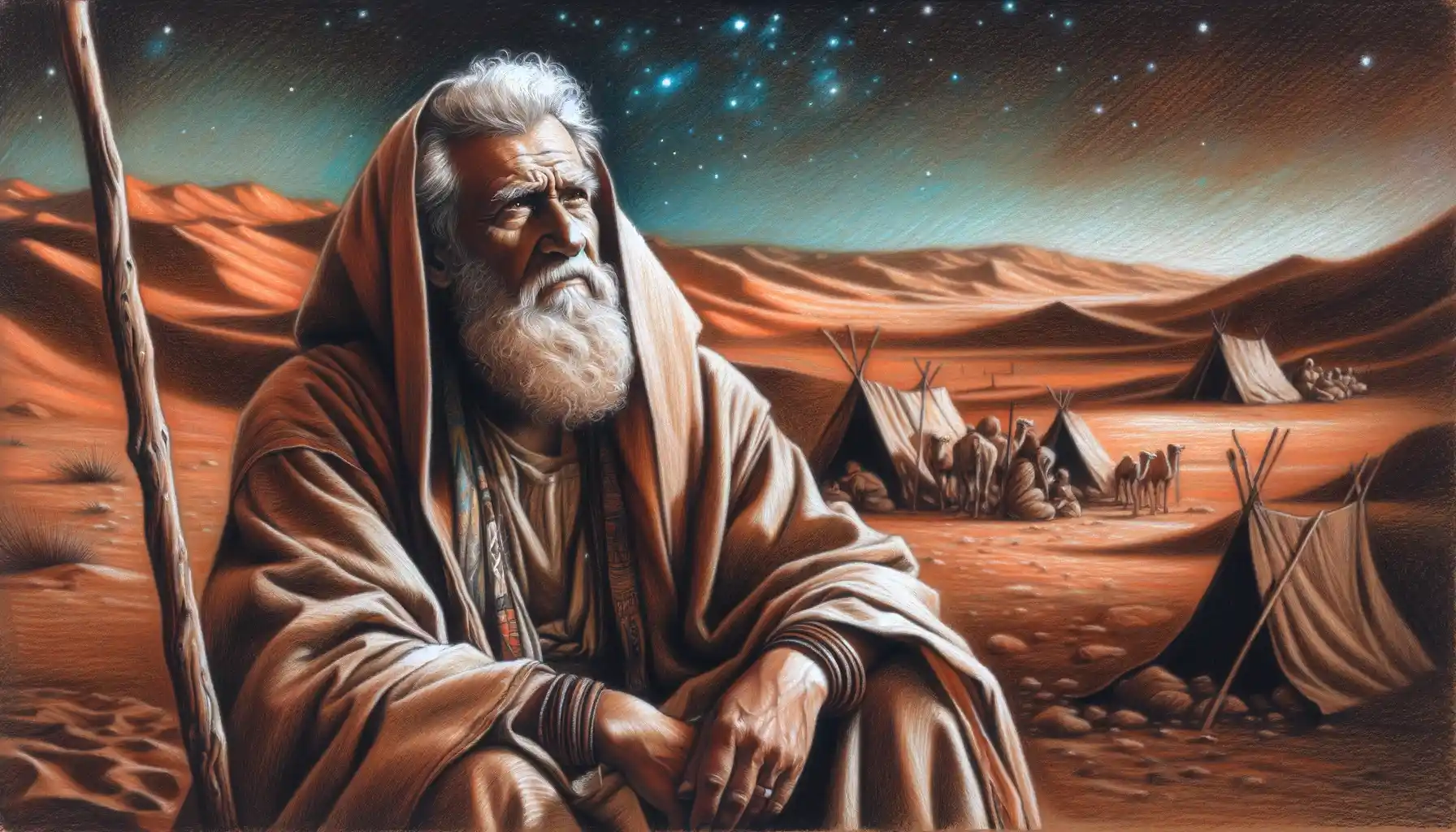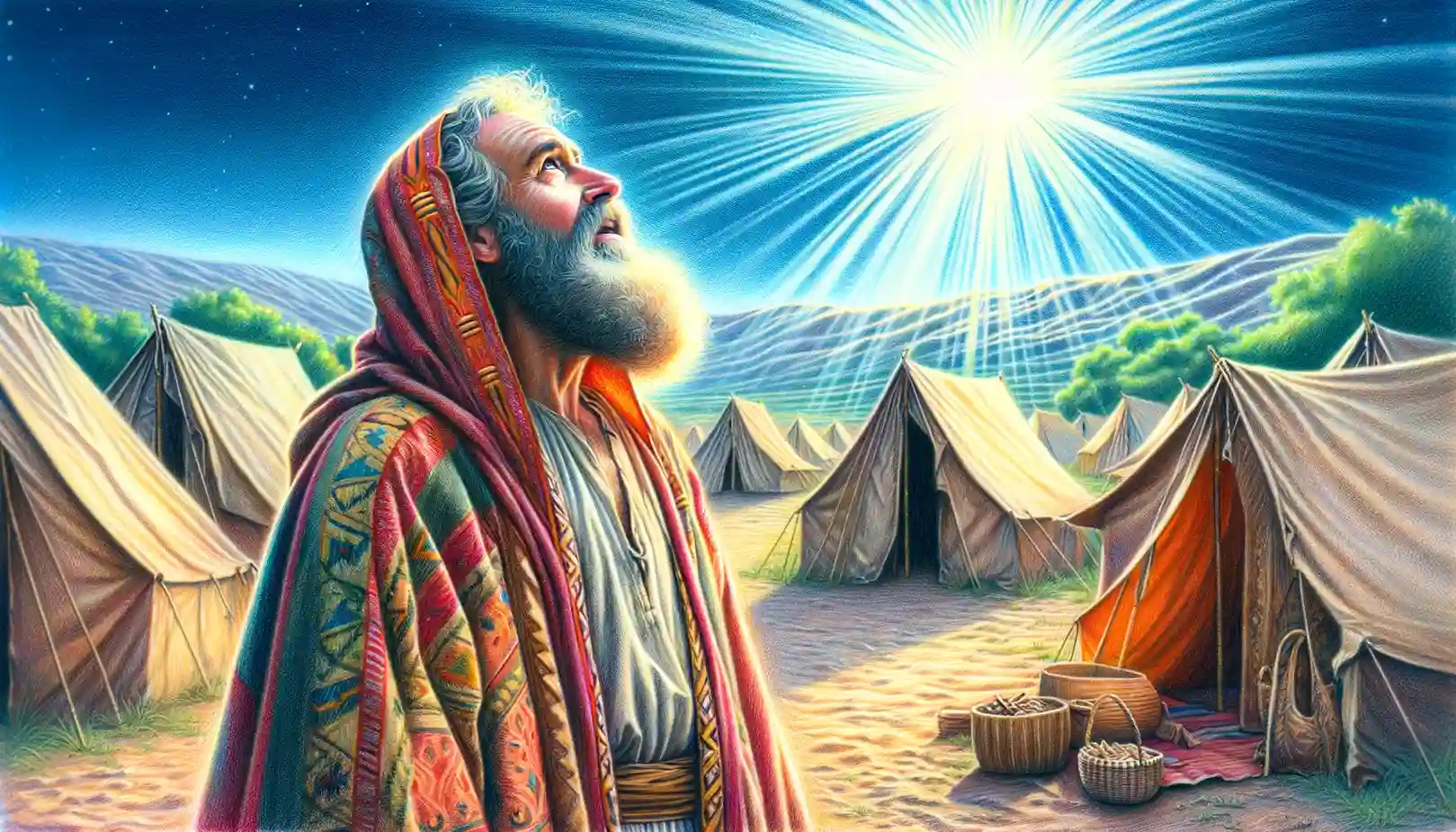Infertility in the Bible is depicted through the lives of Sarah, Rebekah, Rachel, Hannah, and Elizabeth, illustrating the profound faith and divine intervention that transformed their struggles into stories of hope and fulfillment.
The Midianites, descendants of Abraham’s son Midian, were a nomadic people known for their interactions with key biblical figures and their conflicts with the Israelites, most notably during the time of the Judges.
The genealogies of Jesus Christ, presented in Matthew 1:1-16 and Luke 3:23-38, trace His lineage through different ancestries and purposes, emphasizing His royal descent, fulfillment of prophecy, and connection to all humanity.
Melchizedek, the king of Salem and priest of the Most High God, appears briefly in Genesis 14:18-20, blessing Abraham and sharing bread and wine, prefiguring Christian communion rituals and serving as a type of Christ in his dual role as king and priest.
Sarah, originally named Sarai, was the wife of Abraham and mother of Isaac, whose birth at her advanced age of 90 fulfilled God’s promise and demonstrated her unwavering faith in His plans.
In Genesis 13:14-18, God reaffirms His promise to Abram, guaranteeing him and his descendants the land of Canaan, a pivotal moment in the establishment of the covenant relationship between God and Abram.
The Call of Abram is a foundational event in the Bible, marking the beginning of God’s covenant relationship with Abram, later known as Abraham, as he obeys God’s command to leave his homeland and journey to Canaan, receiving promises of nationhood, blessing, and a global impact through his descendants, highlighting his exemplary faith and the divine initiative in the unfolding plan of salvation.
Isaac, whose birth to the elderly Sarah and Abraham was foretold by God, represents a miraculous fulfillment of divine promise and a key figure in the continuation of the Abrahamic covenant.
Abraham’s life exemplifies unwavering faith and obedience to God. His story is central to understanding the roots of monotheistic belief and the covenant relationship that defines Jewish identity and spirituality.
Abraham’s journeys are not just a tale of migration but a series of divine encounters and faith-building experiences that shaped the patriarch into the father of many nations and a key figure in the Abrahamic faiths.

